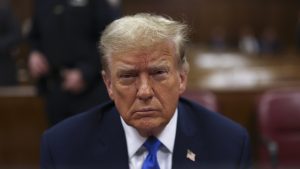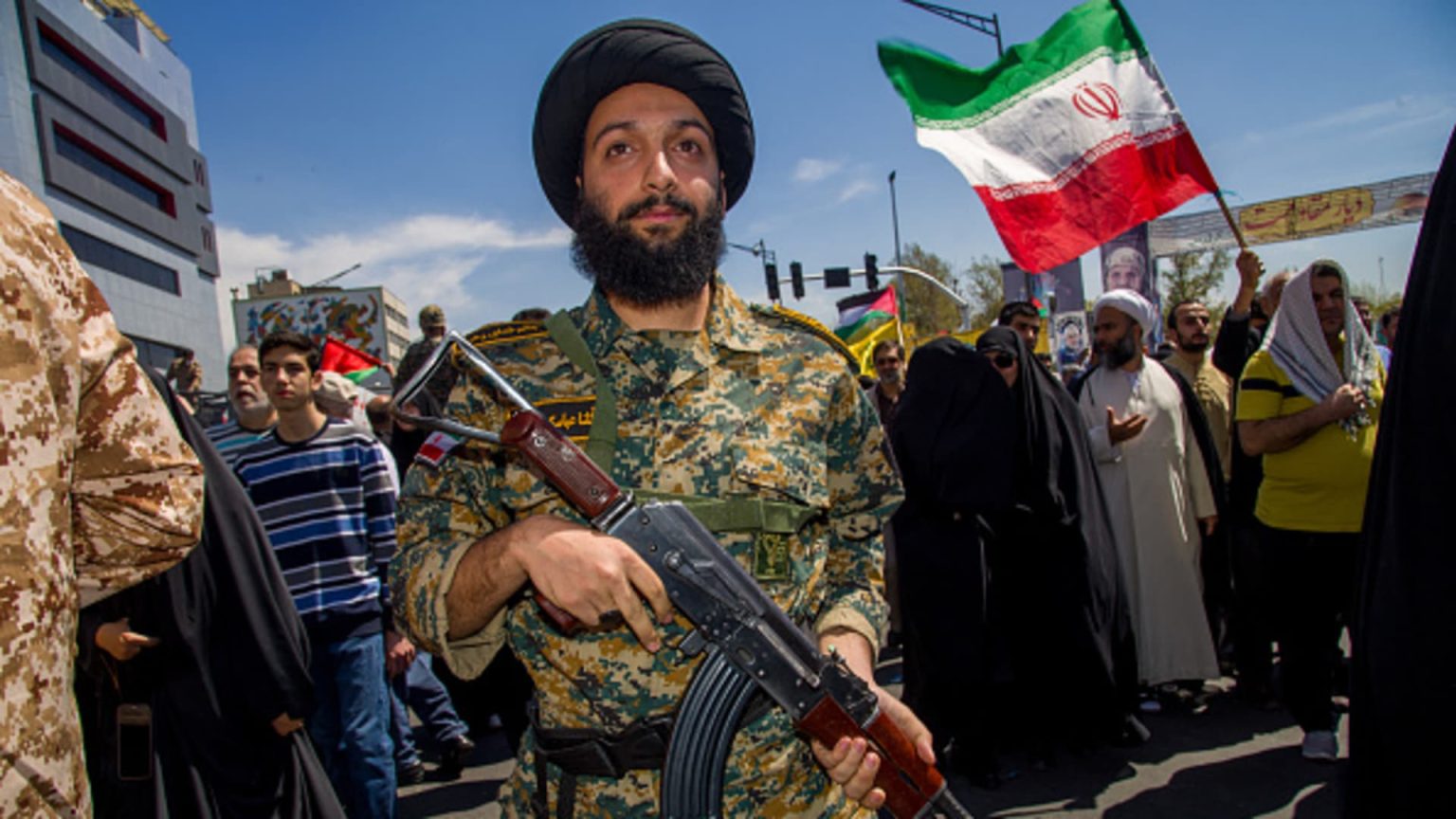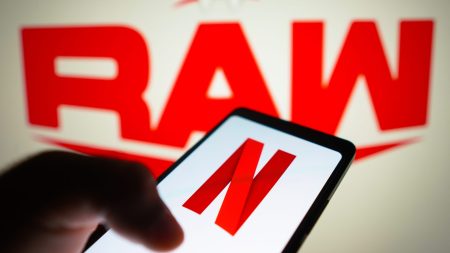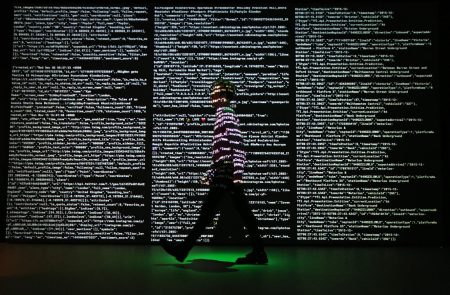Western diplomats are increasing pressure on China to prevent Iran from escalating tensions in the Middle East by launching a retaliatory strike against Israel. U.S. Secretary of State Antony Blinken has been engaging with Chinese Foreign Minister Wang Yi, as well as ministers from Turkey and Saudi Arabia, to emphasize the importance of de-escalating the situation. Similarly, European allies have also been urged to send a clear message to Iran that escalation is not in anyone’s best interest.
Germany, whose Chancellor Olaf Scholz is scheduled to visit China, has been in contact with Beijing regarding the issue of Iran. China, with its influence over Iran, is a critical trade partner of Russia and Iran and a key member of the China-led BRICS coalition. The U.S. and European officials find themselves in a delicate balancing act, criticizing China as a trade risk while also appealing to its diplomatic leverage with countries isolated by Western sanctions.
The tensions between Israel and Tehran date back to Israel’s conflict with Hamas, a group backed by Iran, which began in October. Israel has also been engaging in conflicts with factions in Lebanon, Yemen, and Syria that it perceives as Iranian proxies. Despite repeated warnings from the U.S. against Iranian interference, Tehran maintains it does not direct the militant groups in their offensives. Tensions escalated in early April when seven Iranian military advisors, including senior officials, were killed in a suspected Israeli strike on Iran’s consulate in Damascus.
Ayatollah Ali Khamenei, Iran’s supreme leader, has vowed that Israel will be punished for the killings in Damascus. In response, Israeli Foreign Minister Israel Katz made statements indicating that Israel would retaliate if attacked from Iranian territory. Foreign ministers from the U.K. and Australia have urged Iran not to deepen the conflict further, expressing concerns about the potential for miscalculations and further violence. Iran’s Foreign Minister Hossein Amir-Abdollahian has defended Iran’s potential actions as a form of legitimate defense against what he perceives as Israeli aggression.
The possibility of a direct attack by Iran on Israeli soil could have significant international repercussions, amplifying the impact of the Gaza conflict on global markets with higher oil prices and trade disruptions. Israeli Prime Minister Benjamin Netanyahu has reiterated Israel’s commitment to meeting its security needs both defensively and offensively in response to threats. While the U.S. has expressed its unwavering support for Israel’s security against threats from Iran and its proxies, recent Israeli strikes that resulted in the deaths of humanitarian aid workers in the Gaza Strip have prompted some to question the extent of U.S. backing.
The situation remains volatile, with the potential for further escalation if Iran were to launch a direct retaliatory strike against Israel. In this complex geopolitical landscape, Western diplomats are working to prevent further escalation and urging all parties to engage in dialogue to de-escalate tensions in the Middle East. The delicate balance of power among key players like China, Iran, Israel, and the U.S. underscores the need for coordinated diplomatic efforts to prevent the situation from spiraling out of control.















